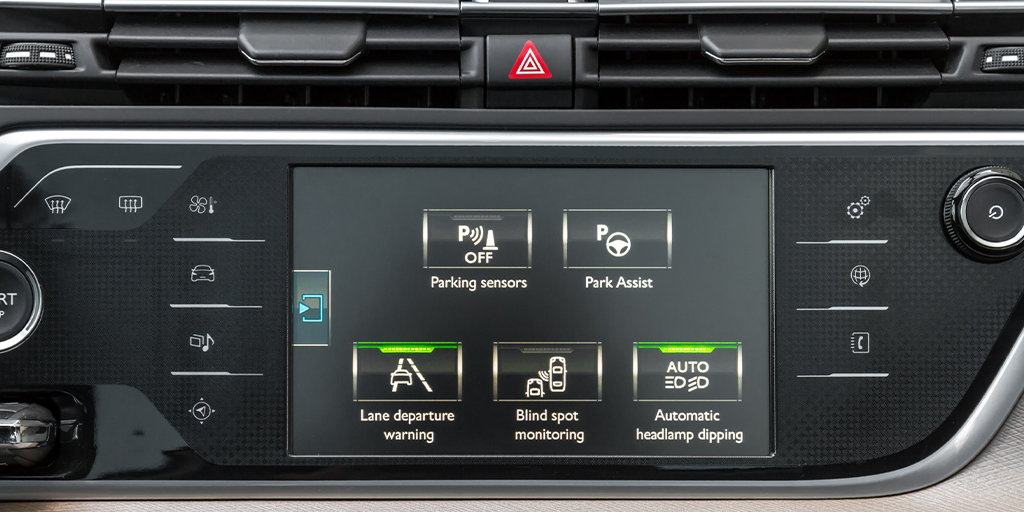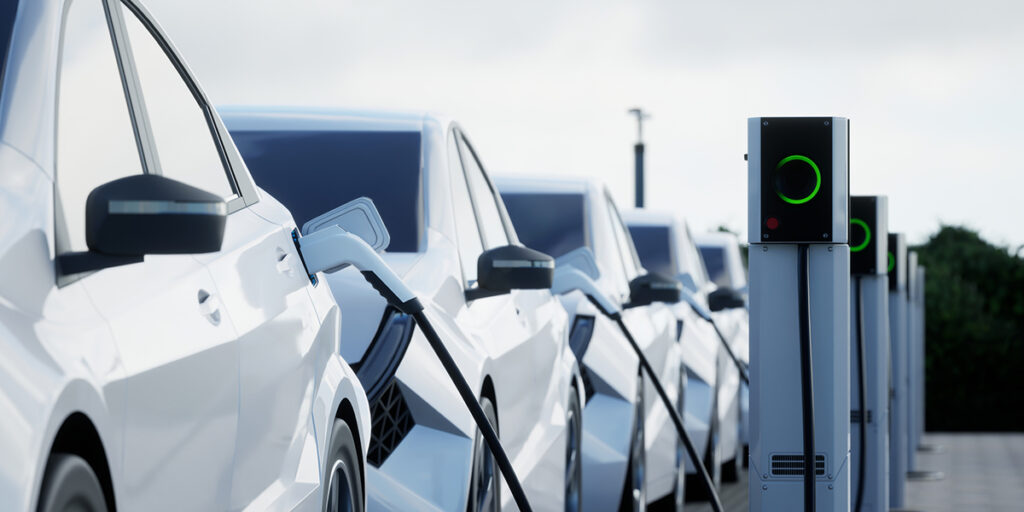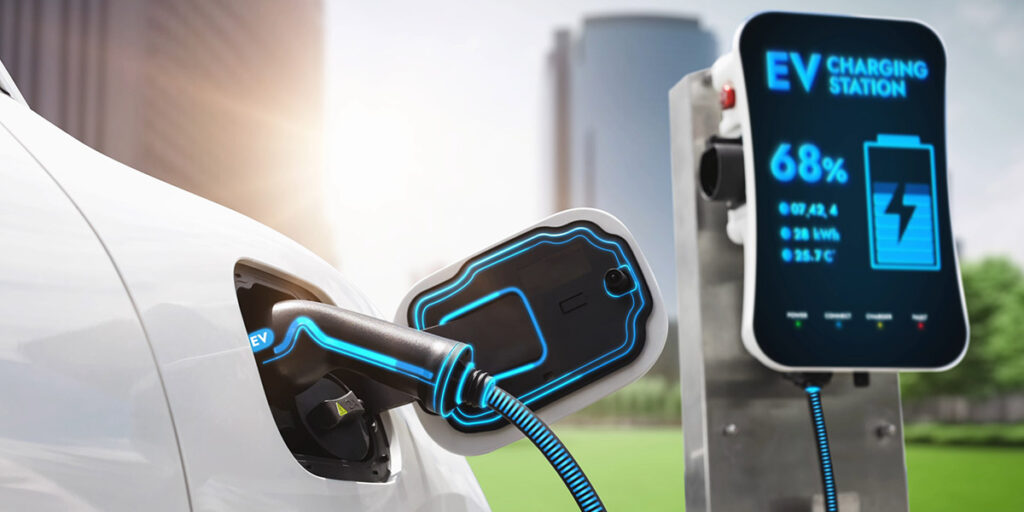The innovators and early adopters need to be joined by the ‘early majority’ to achieve real change. Into 2020, the availability and model line-up of AFVs is set to expand and new local regulation supporting low, or even zero-emission cars is coming on-stream, so will more people come on-board?
2019 New Registrations Down CO2 Up
2019 saw new car registrations in the UK fall by 2.4 per cent. In unit terms, this meant a reduction to 2.3 million cars registered in the year. Of these, less than half were purchased by consumers. At the same time, CO2 levels rose for a third consecutive year.
There can be little question that the car market was negatively impacted by the ongoing political position last year and the uncertainty that came with it. Arguably, just as prominent, was the uncertainty and confusion surrounding the move to alternative fuelled cars and the piecemeal development of localised emission policies around the UK.
The Move to AFVs: Too Many Questions to be Answered
The absence of a uniform approach to ultra-low emission zones (ULEZ), which only London put in place last year, along with concerns about charging networks and the perceived shortage of supply are likely to have contributed to what we suspect is a ‘wait & see before buying’ approach by consumers. At the heart of this for the early majority sector appears to be economics and practicalities rather than environmentalism. No matter why they switch, the industry must push the right buttons either on ‘pain or gain’ to encourage them to make a move.
Online customer search data indicates that there is a high level of consumer interest in AFVs. In turn, this supports the perceived economic rather than environmental benefits. Perhaps this customer search activity is a clue as to why take-up has not been faster, accepting that supply has also been an issue. Here are some of the challenges that must be addressed:
- Battery capabilities are evolving fast – does this speed of development create a purchase barrier to some consumers who fear, much like a computer purchase, that their new car is out of date almost immediately?
- Does the battery issue create concern that a second-hand car may carry a high replacement battery cost?
- The used AFV market remains limited and led by hybrid cars, often with low electric capability for all but the most modest commute; good but not great for the environment if such cars are primarily fossil-fuel reliant.
- Is the speed of take-up being impacted by the diesel experience? Customers previously guided to buy a diesel for environmental reasons might be sceptical that battery and AFV production also carry a level of negative environmental baggage?
- Concerns that the UK charging network is not fit for purpose – a charge highlighted in an FT article on Jan 4th
We could add to this confusion the Worldwide Harmonised Light Vehicle Test Procedure (WLTP). WLTP was phased in on new cars from September 2018 and is a laboratory test used to measure fuel consumption and CO2 emissions from passenger cars, as well as their pollutant emissions.
The Communication Challenge Must be Addressed
People are moving to AFVs, but arguably these are the early adopters who see the environmental challenge ahead. To gain broader traction, the market must win over the economic and logical argument in addition to the environment to capture the attention of the early majority audience because the move to AFV looks set to require a higher initial car buyer investment.
Communication on what are fundamental economic and practical switch barriers can be improved to gain consensus.
The ‘pain’ push is the main driver of change that will address the economic argument, ULEZ costs being uppermost, but this risk is being perceived as a negative campaign.
In 2020, the choice of AFVs will increase markedly, but questions remain to be answered, especially around the charging network and battery lifetime. There may be plenty of positive environmental images supporting the move to AFVs. However, too often consumers seem to be struggling to find the information and reassurance they want.
All parts of the supply and support chains need to communicate clearly and decisively and make it easier for more people to embrace the AFV revolution. Perhaps the greatest driver of this change will be those current CO2 levels. This year sees the introduction of an EU average target of 95g/km that manufacturers must meet or risk sizeable fines. Perhaps, this will encourage manufacturers to recognise that for their own P&L, they need to start addressing the P&L and practicality issues facing AFV drivers clearly and consistently.
Sources:
https://www.ft.com/content/594345dc-20d0-11ea-b8a1-584213ee7b2b
https://www.smmt.co.uk/2020/01/december-ev-registrations-3/










